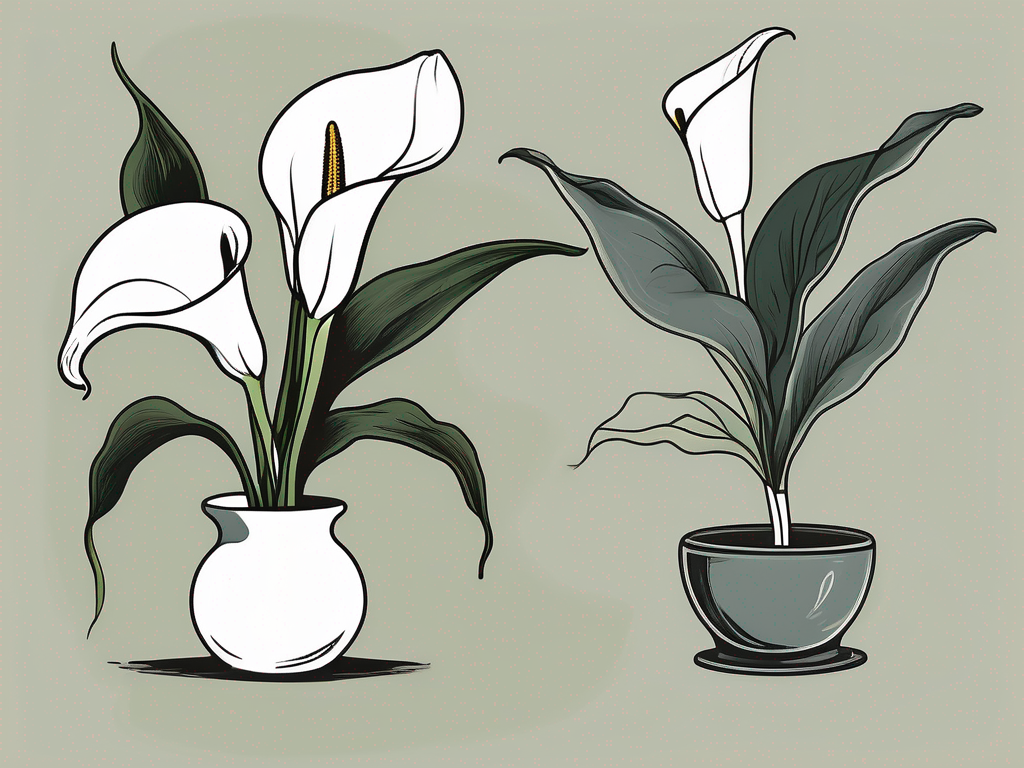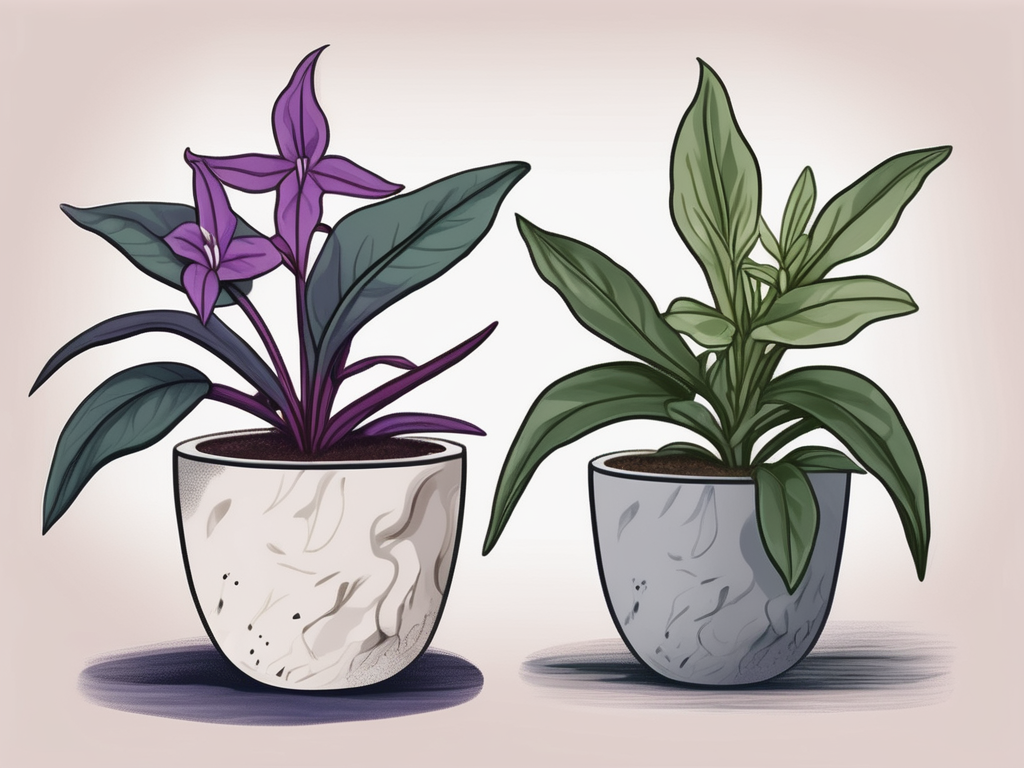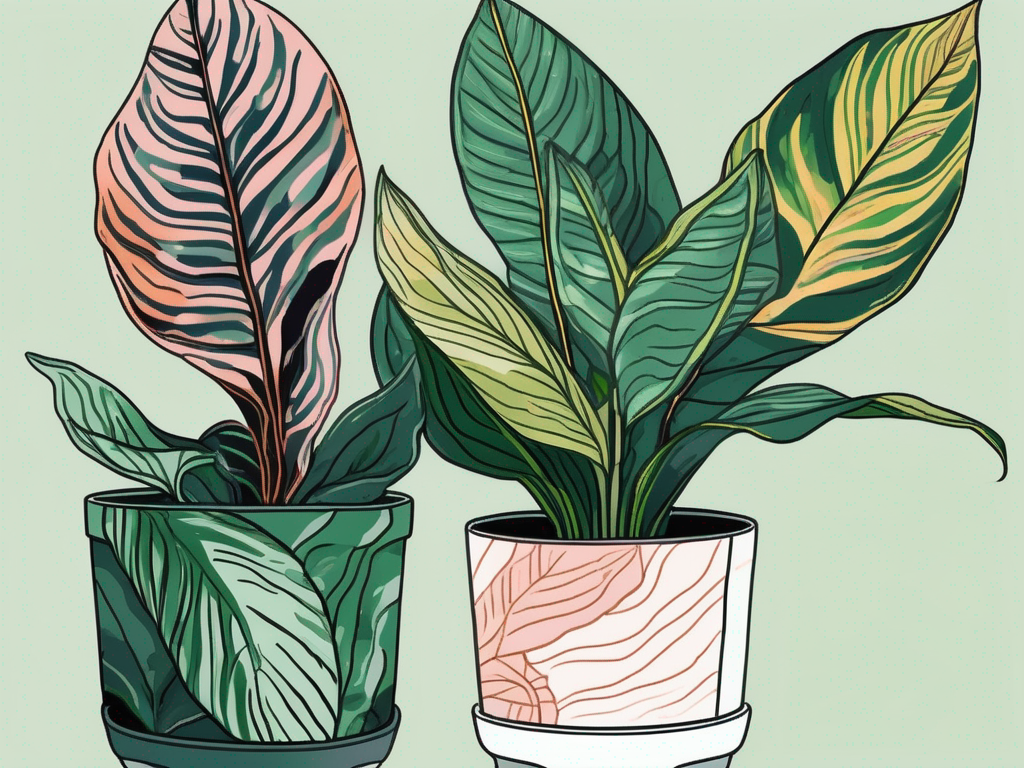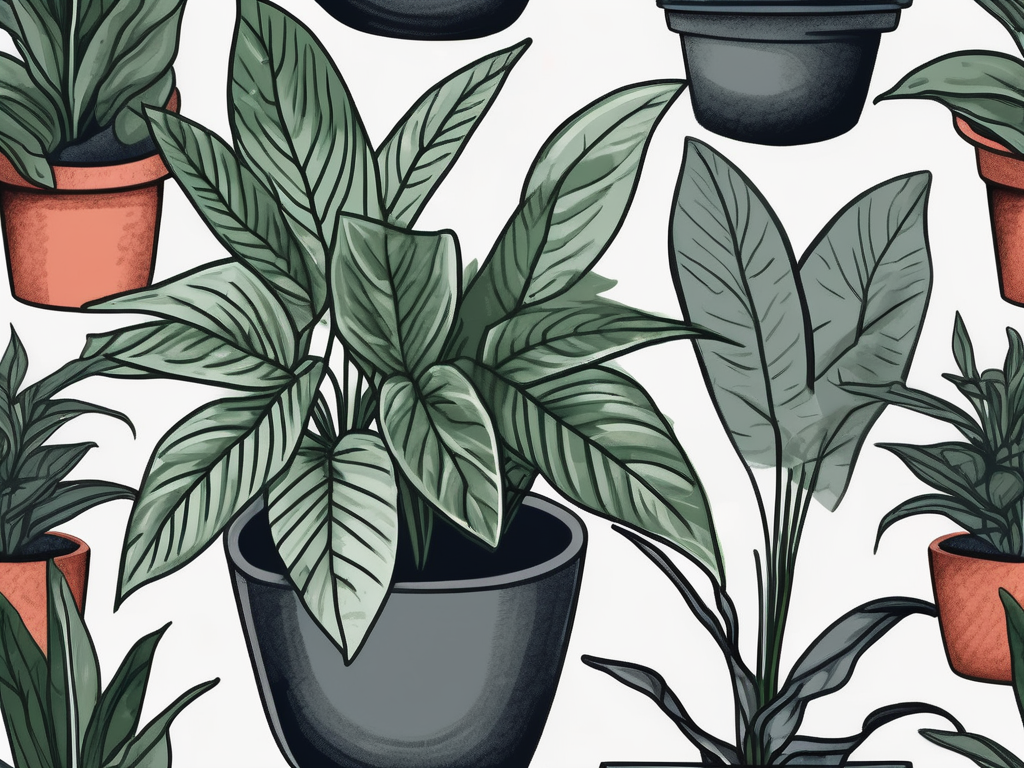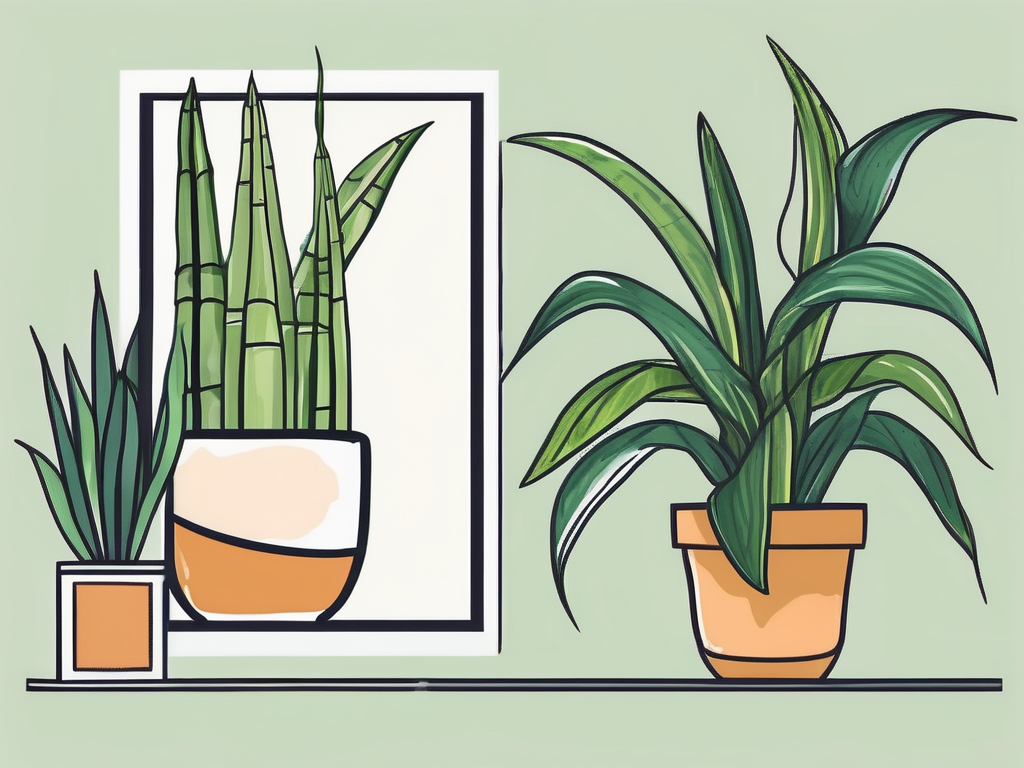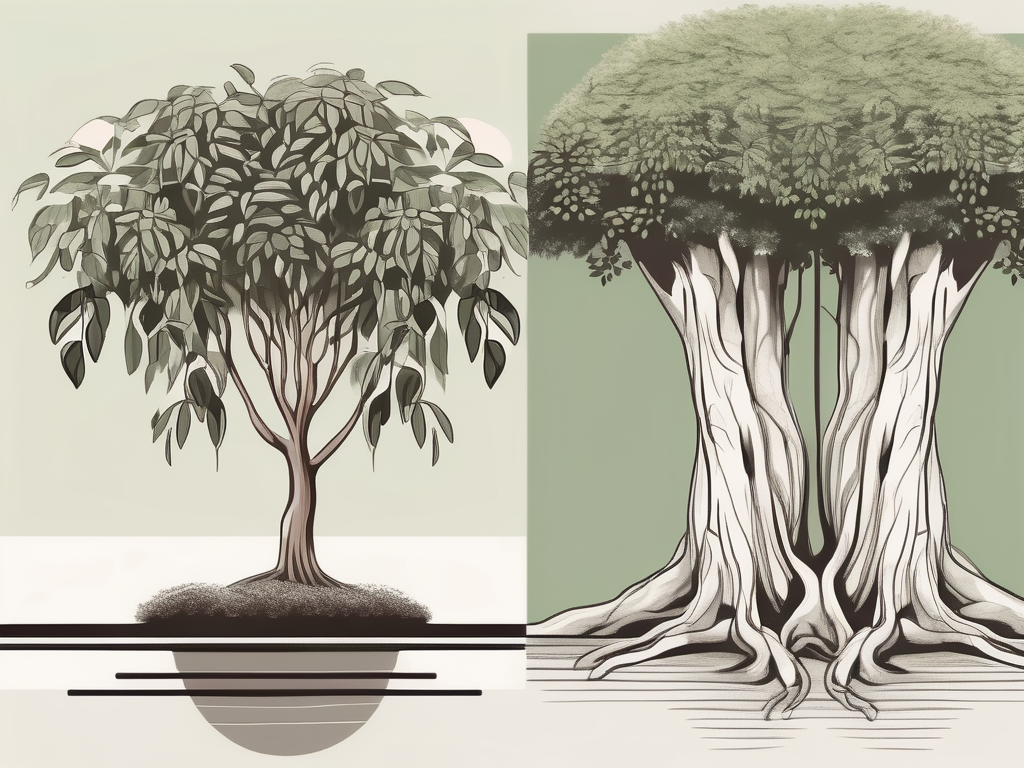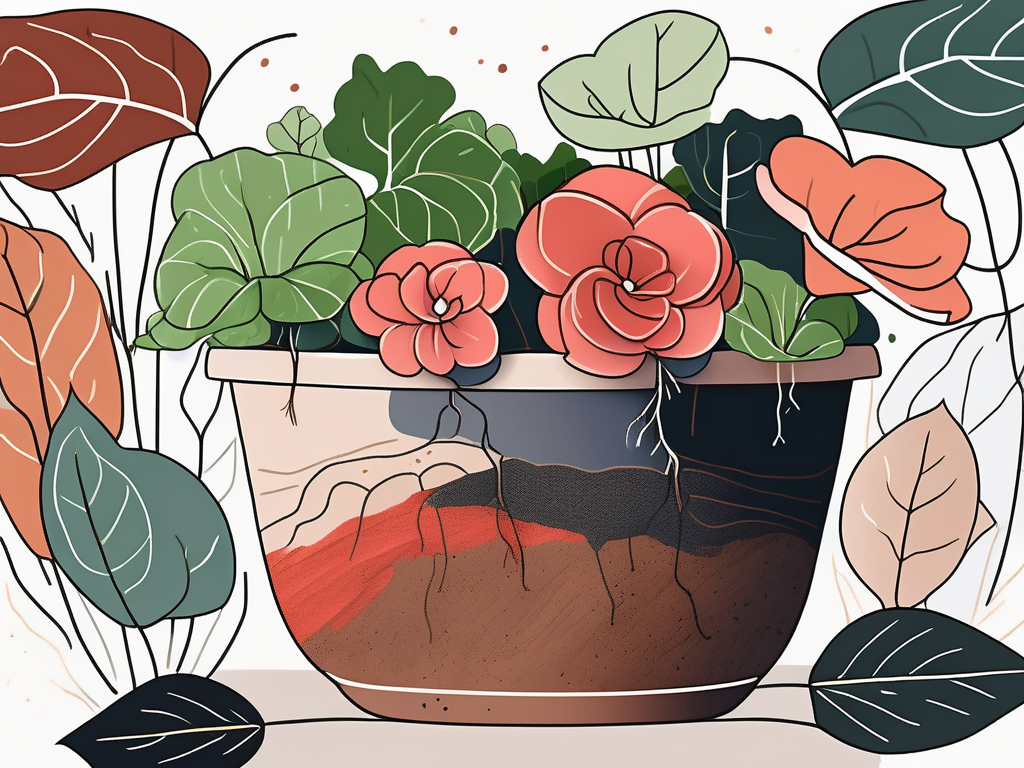
Begonias are the stars of many plant collections, loved for their vibrant colors and unique leaf shapes. But to truly let these beauties shine, you've got to start with the right foundation: soil. Creating the best soil mix for your begonias can make all the difference in their growth and overall health.
In this article, we're going to guide you through crafting the ideal soil mix for your begonias. We'll cover everything from understanding what begonias need in their soil, to choosing the right ingredients, and even some tips for ongoing care. Let's get into it and help those begonias thrive!
Understanding Begonia Needs
Before we jump into the soil recipe, it's important to know what makes begonias tick. These plants hail from tropical and subtropical climates, which means they love humidity and warmth. However, their roots need to breathe, so heavy, compacted soil won't do.
Begonias prefer well-draining soil that retains some moisture without becoming waterlogged. This balance is crucial because, while they enjoy moisture, too much water can lead to root rot. The soil should be light and airy, allowing for good air circulation. This is especially important for indoor begonias, where airflow might be limited compared to the outdoors.
Understanding these basic needs will guide you in choosing the right ingredients for your soil mix. Think of it as giving your plant a comfy home where it can stretch its roots and grow happily.
Gathering Your Ingredients
Now that we know what begonias need, let's talk about the ingredients that will make up our perfect soil mix. Here’s a breakdown of what you’ll need:
- Potting Soil: This is your base ingredient, providing structure and bulk. Opt for a high-quality potting soil that's light and not too dense.
- Perlite: These little white pellets are crucial for drainage. They help prevent the soil from becoming compacted, ensuring good airflow to the roots.
- Coco Coir or Peat Moss: Both of these options retain moisture while keeping the soil light. Coco coir is a more sustainable choice and has a neutral pH, while peat moss is slightly acidic.
- Bark or Wood Chips: Adding bark helps improve drainage and mimics the natural forest floor environment many begonias are used to.
- Sand (optional): For those who live in very humid environments, a bit of sand can help improve drainage further.
These ingredients work together to create a balanced environment where your begonia’s roots can thrive. Each plays a role, from retaining moisture to providing the necessary drainage.
Mixing the Perfect Soil
With your ingredients ready, it’s time to get your hands dirty. Mixing your own soil can be a fun and rewarding process. Here’s a step-by-step guide to creating your perfect begonia soil mix:
- Start with Potting Soil: In a large container, add about 40% potting soil. This forms the bulk of your mix, so make sure it’s a quality product.
- Add Perlite: Mix in about 20% perlite. This helps with drainage, ensuring the soil doesn’t become too compacted or waterlogged.
- Incorporate Coco Coir or Peat Moss: Add another 20% of either coco coir or peat moss. This ingredient retains moisture, ensuring the soil doesn’t dry out too quickly.
- Mix in Bark: Add 10% bark or wood chips. This not only improves drainage but also mimics the natural habitat of begonias.
- Optional Sand: If you’re in a particularly humid environment, a small amount of sand (around 10%) can be added to enhance drainage.
Mix these ingredients thoroughly until you have a uniform blend. Your mix should feel light and crumbly, not wet or sticky. The key is to ensure all components are well integrated so they can work together effectively.
Potting Your Begonia
With your soil mix ready, it's time to pot your begonia. Choose a pot with drainage holes to prevent water from pooling at the bottom. Here’s how to do it:
- Prepare the Pot: Place a layer of gravel or small stones at the bottom of the pot to aid drainage.
- Add Soil Mix: Fill the pot about halfway with your soil mix.
- Position Your Begonia: Gently remove the begonia from its current pot, loosening the roots if necessary. Place it in the new pot, ensuring the top of the root ball is about an inch below the pot’s rim.
- Fill with Soil: Add more soil mix around the plant, pressing gently to remove air pockets.
- Water Thoroughly: Give your begonia a good watering, allowing excess water to drain out the bottom. This helps settle the soil around the roots.
Once potted, place your begonia in a spot with bright, indirect light. Avoid direct sunlight, as this can scorch the leaves.
Maintaining Your Begonia's Soil
Having the right soil mix is just the start. Keeping your begonia happy involves a bit of ongoing care:
- Check Moisture Levels: Use your finger to test the soil moisture. If the top inch is dry, it’s time to water.
- Watch for Compacting: Over time, soil can compact, reducing airflow. Gently aerate the soil with a fork if this happens.
- Re-potting: As your begonia grows, it may need re-potting. This is a great opportunity to refresh the soil mix and give the roots more room.
If you notice yellowing leaves or slow growth, it might be worth checking the soil’s condition. Healthy soil is crucial for healthy plants.
Common Soil Problems and Solutions
Even with the perfect soil mix, issues can arise. Here are a few common problems and how to tackle them:
- Root Rot: Often caused by overwatering or poor drainage. Ensure your pot has drainage holes and adjust your watering schedule as needed.
- Fungal Growth: This can occur if the soil stays too wet. Improve air circulation around the plant and reduce watering frequency.
- Pests: While not directly related to soil, pests like fungus gnats can thrive in overly moist conditions. Allow the soil to dry out between waterings and use sticky traps to control the insects.
By keeping an eye on these potential issues, you can catch problems early and keep your begonia in top shape.
Benefits of Homemade Soil Mixes
Creating your own soil mix comes with several perks:
- Customization: You know your plant's needs and can tailor the mix to suit those needs perfectly.
- Quality Control: You have control over the quality of ingredients, ensuring no harmful chemicals or fillers.
- Cost-Effective: Buying ingredients in bulk can be more economical in the long run compared to pre-made mixes.
Plus, there's a certain satisfaction in crafting something from scratch for your beloved plants. It’s a chance to connect with your gardening skills and provide your begonias with the best care.
Experimenting with Your Mix
One of the joys of plant care is experimentation. Once you're familiar with the basic recipe, feel free to tweak it. Maybe you notice your begonia prefers a bit more moisture, or it could benefit from more drainage. Adjust the ratios of your mix accordingly.
Trying out different ingredients can also be fun. Some plant lovers like to add worm castings for extra nutrients or charcoal for improved aeration. Just remember to make changes gradually and observe how your plant responds.
Experimenting is not only a way to optimize plant care but also a way to deepen your understanding and bond with your plants.
Final Thoughts
Crafting the perfect soil for your begonias is all about balance. By understanding their needs and choosing the right ingredients, you’re setting your plants up for success. Remember, the soil is the foundation of happy, healthy plants.
At Cafe Planta, we’re all about helping you grow your love for plants. Whether you're looking for unique plant varieties or need a bit of advice, we're here for you. Feel free to email us or send a DM over on Instagram. Let's make your plant journey as enjoyable as possible!


